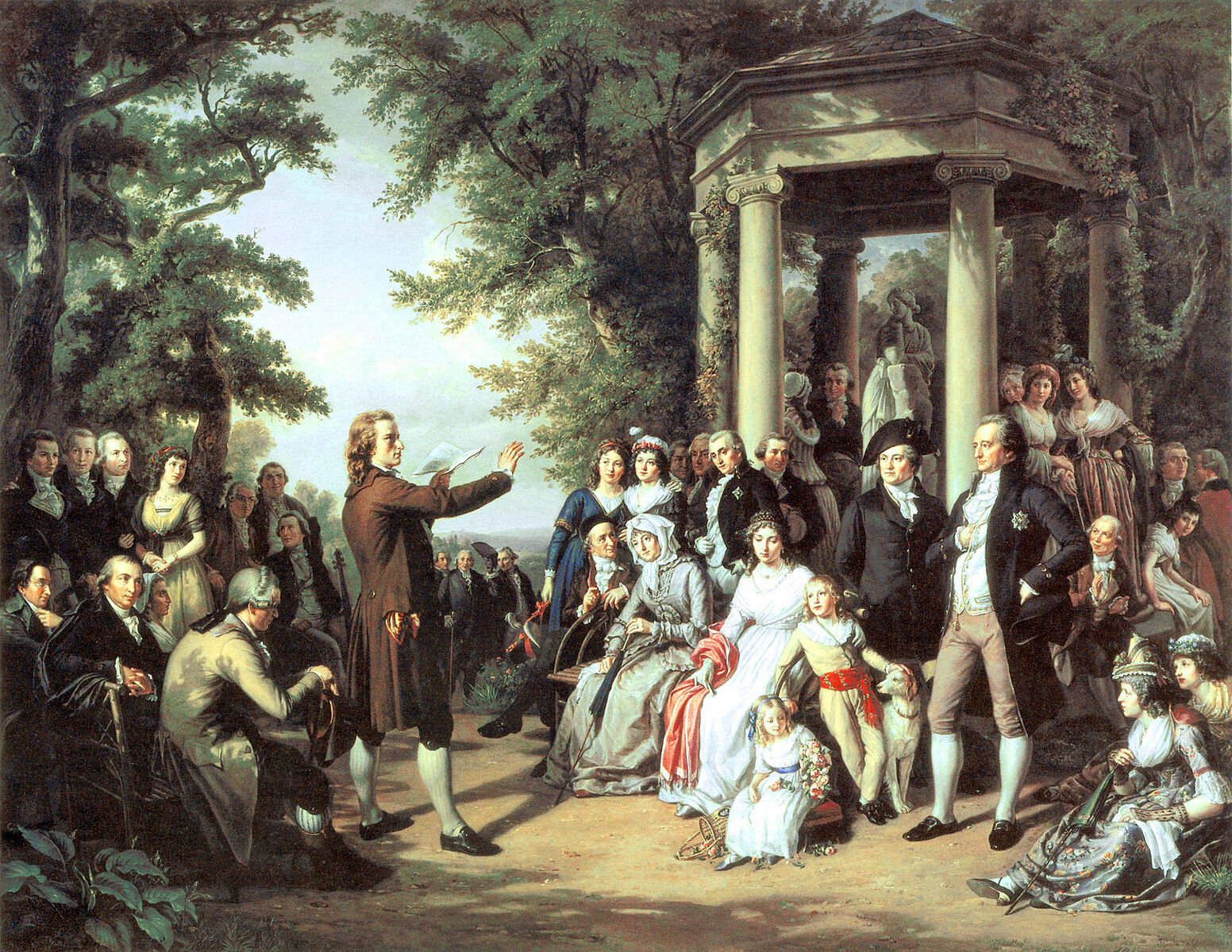The disposition to let nature take its course also characterized the outlook of the philosophes on questions of justice. They believed that legislation created by humans prevented the application of the natural laws of justice.
They were horrified by the cumbersome judicial procedures of the Old Regime and by its antiquated statutes. New lawgivers were needed to simplify legal codes, and a new science was needed to make the punishment of crime both humane and effective.
The new science, which laid the foundations of modern sociology, was promoted by Cesare Beccaria (1738-1794), an Italian philosophe and the author of Essay on Crimes and Punishments (1764). Beccaria formulated three natural laws of justice.
First, punishments should aim to prevent the criminal from doing further injury to society, and to prevent others from committing the like offense. Such punishments, therefore . . . ought to be chosen, as will make the strongest and most lasting impressions on the minds of others, with the least torment to the body of the criminal.
Second, justice should act speedily because the smaller the interval of time between the punishment and the crime, the stronger and more lasting will be the association of the two ideas of Crime and Punishment.
And last: Crimes are more effectively prevented by the certainty than by the severity of the punishment.. . . The certainty of a small punishment will make a stronger impression than the fear of one more severe.’
Beccaria attacked both torture and capital punishment because they deviated from these natural laws. The use of torture falsely assumed that “pain should be the test of truth, as if truth resided in the muscles and fibres of a wretch in torture.” Jail sentences, not execution, should be imposed as punishments.
In education too the Old Regime failed to pass the philosophes’ tests of reason and natural law. They deplored the almost universal church control of teaching and demanded that more stress be placed on science and less on theology; more on modern languages and less on Greek and Latin; more on modern and less on ancient history.
In primary education the most sweeping revisions were proposed by the nonconformist Jean-Jacques Rousseau (1712-1778). Rousseau rebelled against the strict and disciplined society of his birthplace, Geneva. He rebelled against the intensive bookish studies he had been forced to pursue as a young boy and against the polite conventions he later encountered in the Paris salons.
The result was his book Emile (1762), half treatise and half romance, a fervent plea for progressive education. Emile had two heroes—Emile, the student, and Rousseau, the teacher. The training that Rousseau prescribed for his pupil departed in every particular from eighteenth-century practice: “Life is the trade I would teach him. When he leaves me, I grant you, he will be neither a magistrate, a soldier, nor a priest; he will be a man.’
Rousseau followed a laissez-faire policy toward his pupil. He did not argue with Emile, or discipline him, or force him to read at an early age. Emile observed the world of nature firsthand, not in books. He learned geography by finding his own way in the woods (with his tutor’s help), and agriculture by working in the fields.
Rousseau’s educational program had many faults. It was impractical, for it assumed that every child could have the undivided attention of a tutor, and it fostered the permanent dependence of pupil upon teacher. Yet Emile was a most important book, because Rousseau returned to the Renaissance concept of the universal man and to the ancient Greek ideal of the sound mind in the sound body.

